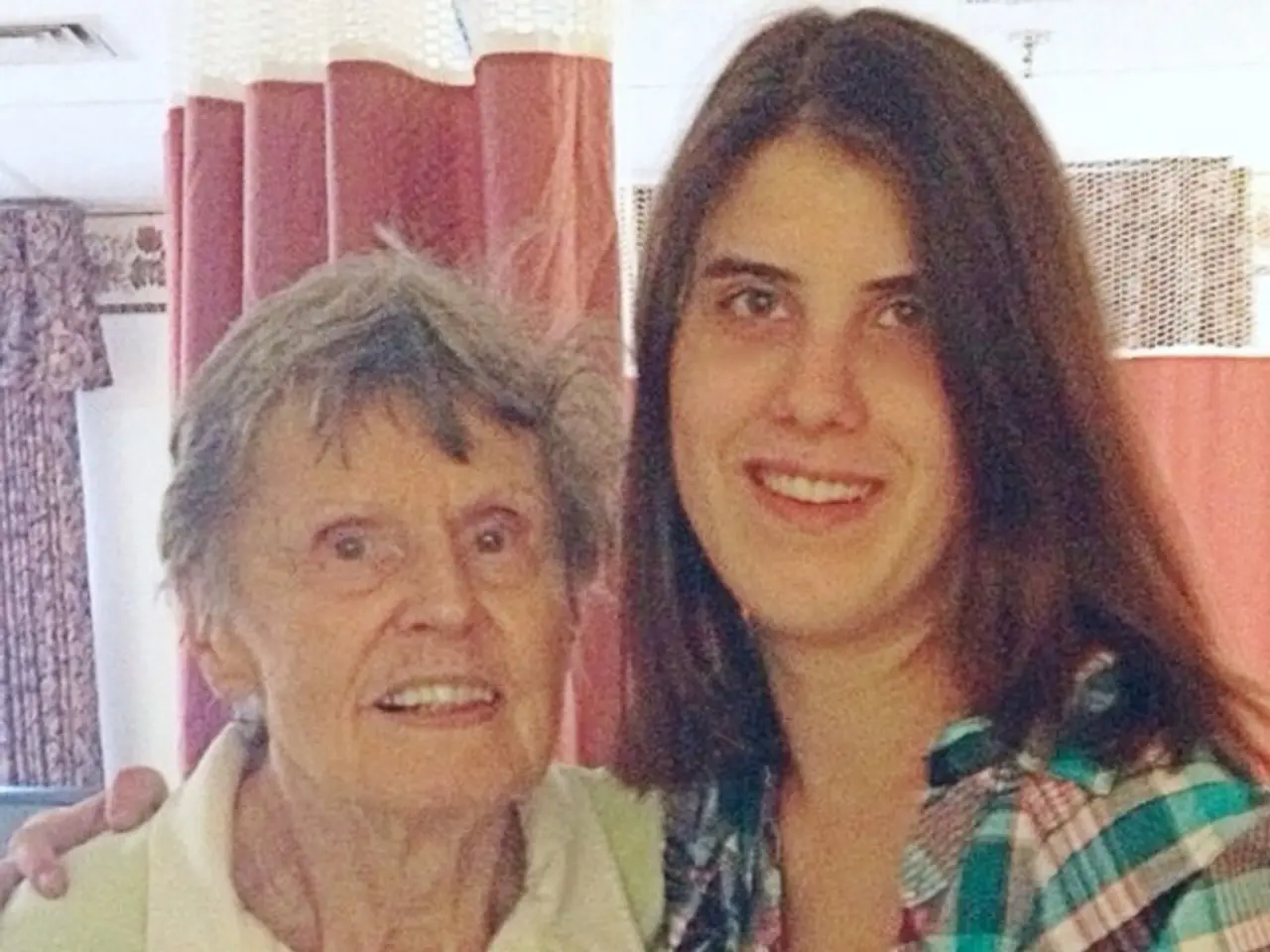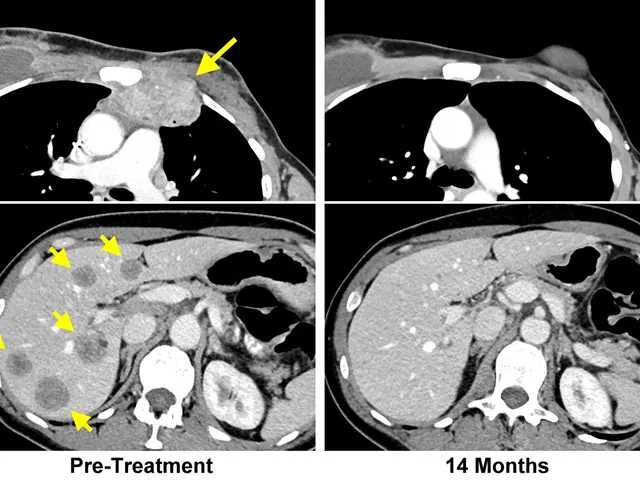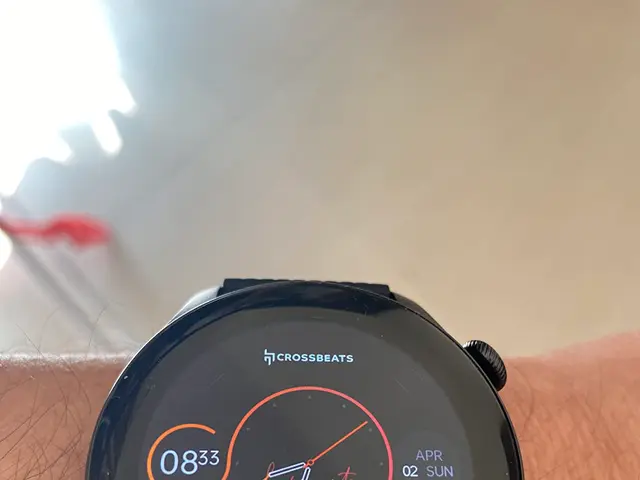Pandemic Highlights Mental-Physical Health Link in Older Adults
The COVID-19 pandemic has brought to light the interconnectedness of mental and physical health in older adults, with many reporting higher levels of chronic pain and PTSD. This is particularly true for those with insecure attachment styles, highlighting the need for integrated psychological support in health management protocols.
Research has shown that personality traits like neuroticism and resilience significantly influence how older adults cope with stress and adversity during the pandemic. Those with high neuroticism are more susceptible to experiencing debilitating pain and PTSD symptoms. Conversely, resilient personalities tend to exhibit more adaptive coping strategies, mitigating these effects.
Social support networks play a crucial role in promoting resilience and wellbeing among older adults, especially during crises like the pandemic. However, the pandemic has exacerbated psychological and physical health issues, particularly among vulnerable older populations. This has led to an increased prevalence of chronic pain and PTSD among older individuals with psychiatric disorders.
Chronic pain in older adults can manifest as a lingering reminder of previous traumas, both physical and psychological. Prof. Mazda Adli and others have discussed these broader psychosocial impacts, while chronic pain has been a subject of research in general, with 17% of Germans suffering from it.
The pandemic has transformed mental and physical health care, underscoring the need for comprehensive and inclusive care for future generations of older adults. Health systems must integrate psychological support into pain management protocols to address the interconnectedness of mental and physical health. By doing so, we can better support older adults in coping with chronic pain and PTSD, especially during times of crisis.







